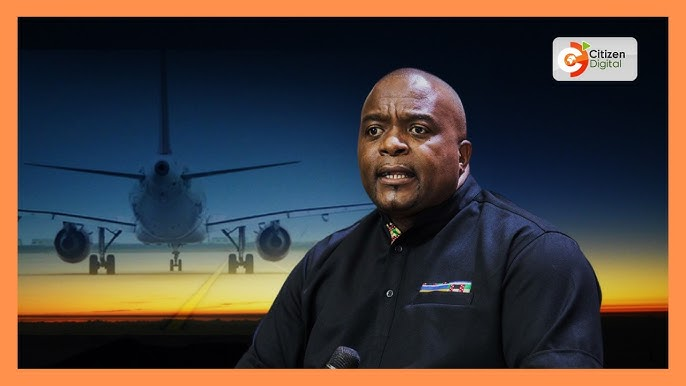Budget must guarantee free and accessible vaccines for all
- Irungu Houghton

- Jun 6, 2021
- 2 min read

June 10 approaches with the speed of the Special Gauge Railway. Given the importance of this year’s Budget Day, it is worrying that the ministry failed to effectively engage citizens this year. The choices that will be presented by Treasury Cabinet Secretary to the National Assembly have never mattered so much to the nation. Without a COVID-19 responsive budget, we will not press past the current cycles of lockdowns, pandemic, and recession.
Government budgets are fundamental tools for realising human rights, reducing inequalities, and more inclusive economies and nations. The Jubilee Administration hopes to spend Kshs 3.6 trillion in their last year of office. Treasury proposes to allocate a lion’s share to the Executive (50 per cent) followed by foreign debt repayment (36 per cent), county governments (10 per cent), Parliament (1 per cent) and Judiciary (0.5 per cent).
That more than a third of our taxes will be spent paying back odious debt must concern us. Last month, the Institute of Public Finance reminded us the Government had breached all three public debt sustainability thresholds for overall debt and two out of four in external debt. We may be so broke that next year’s Budget may be guided by the need to have a balanced budget rather than any realistic projections.
In this context, every shilling matters. The next budget must not overlook governance oversight and the fight against corruption. Cutting budgets for the Judiciary, Ethics and Anti-Corruption Commission, Auditor General and other investigative agencies will be costly in the long run.
Curiously, the Government plans to spend twice as much on national security than on health. Conspicuously absent from the universal health coverage projects and COVID-19 recovery programme is any significant budget line for COVID-19 testing, vaccination, or medical research. The budget sets no targets for reducing testing costs or how many people will be vaccinated after July. The budgetary increase for the Kenya Expanded Programme Immunization is negligible and the Kshs 151 million research and development budget for KEMRI remains the same as last year.
Over 106 civic organisations from 26 counties including the Health NGOs Network, AMREF and IBP Kenya petitioned the National Assembly this week. They are calling for increases in financial allocations to close the health-worker salary gap and the prioritisation of medicines and diagnostic tools over construction and buildings. They also demand the Government allocate a clear budget line for the purchase of COVID-19 vaccines to avoid overdependency on COVAX.
Why doesn’t this next year’s budget include a line to reduce the fees we pay each time we test for COVID-19? Testing remains high and unaffordable for many Kenyans. It also jeopardises national efforts to isolate and reduce infections. This budget must ensure that vaccines are free, accessible, and distributed equitably to all Kenyans.
Tuesday was Madaraka day. Madaraka is the Kiswahili word for authority or the power to rule oneself. Surely the madaraka spirit would demand from a sovereign Government the primary responsibility to buy COVID-19 vaccines rather than rely on the philanthropic generosity of the international aid industry?
________
Some good news. After three weeks incommunicado in a Qatari detention facility, Kenyan expatriate Malcom Bidali has been released on bail. The pressure to have charges that violate his right to free speech unconditionally dropped must continue.
This opinion was first published by Sunday Standard, 6 June 2021




Comments